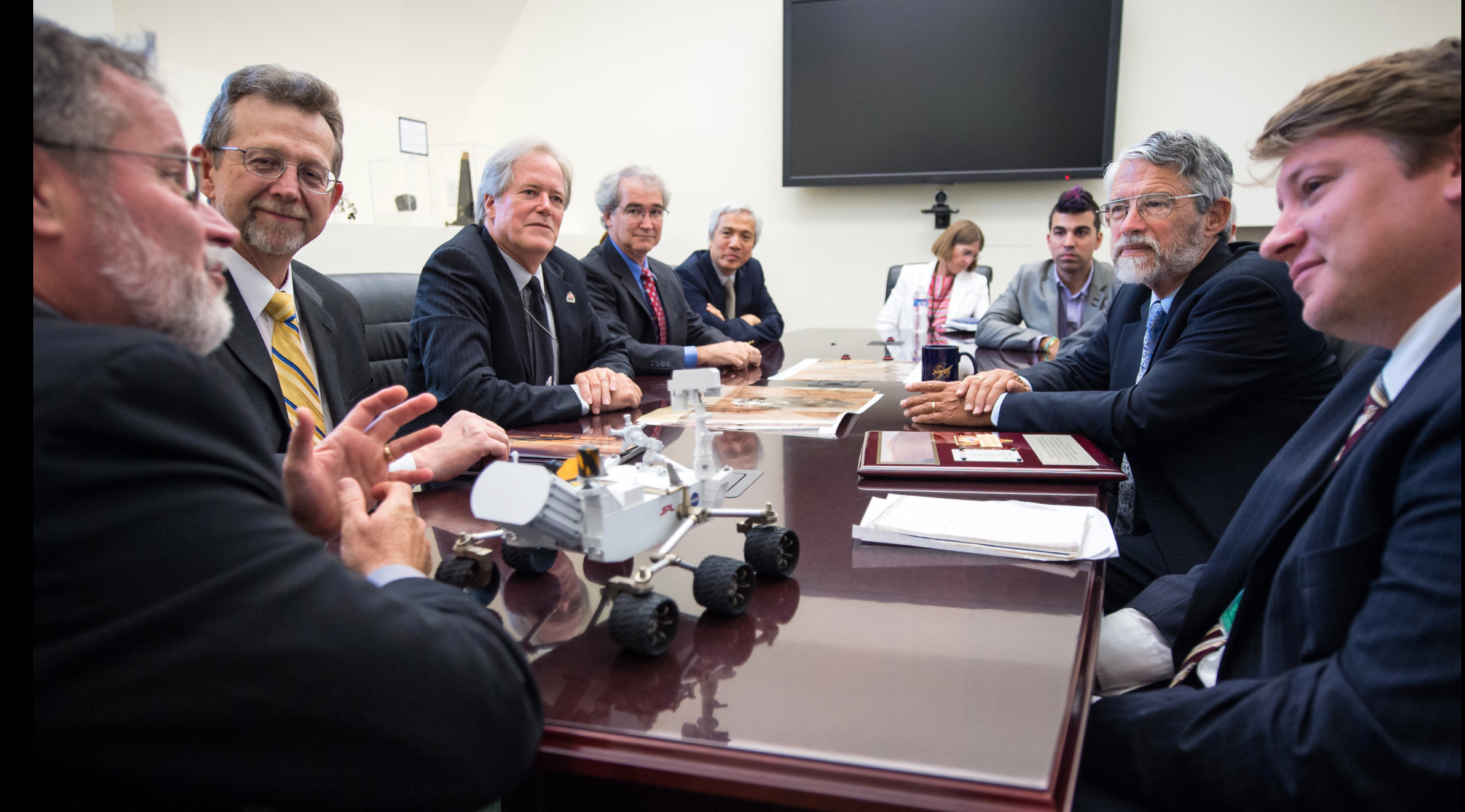
Improving Science Advice for Executive Branch Decision-Making
Summary
The COVID-19 pandemic has highlighted the crucial need for science to inform policy. However, the science-policy interface has a broader history of systemic challenges spanning sectors, from climate, to energy, to water resources, to cybersecurity and beyond. The near-term policy window created by the pandemic offers an ideal time to act while the attention of policymakers and the public is focused on the key role of science in policy. There are five key areas of action to create meaningful progress in carving improved pathways for science advice:
- Sharpening the focus of the Foundations for Evidence-Based Policy Act (P.L. 115-435) to define scientific knowledge as a key subset of “evidence” and develop formal structures for non-federal academic experts to participate in the development of the required agency learning agendas.
- Widening the role of Federally-Funded Research and Development Centers., especially the Science and Technology Policy Institute.
- Leveraging the Intergovernmental Personnel Agreement (IPA) to bring more non-federal subject matter experts into key government positions.
- Reducing administrative barriers to the establishment of Federal Advisory Committees under the Federal Advisory Committee Act.
- Revising the Broader Impacts Requirements for National Science Foundation grantees to include more direct pathways for the outputs of scientific research to reach decision-makers.
FAS is launching the Center for Regulatory Ingenuity (CRI) to build a new, transpartisan vision of government that works – that has the capacity to achieve ambitious goals while adeptly responding to people’s basic needs.
This runs counter to public opinion: 4 in 5 of all Americans, across party lines, want to see the government take stronger climate action.
Cities need to rapidly become compact, efficient, electrified, and nature‑rich urban ecosystems where we take better care of each other and avoid locking in more sprawl and fossil‑fuel dependence.
Hurricanes cause around 24 deaths per storm – but the longer-term consequences kill thousands more. With extreme weather events becoming ever-more common, there is a national and moral imperative to rethink not just who responds to disasters, but for how long and to what end.